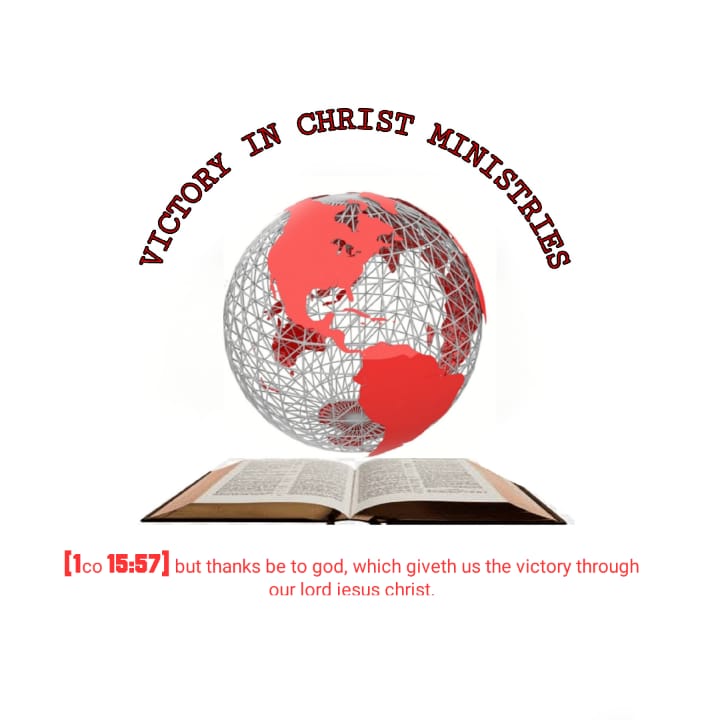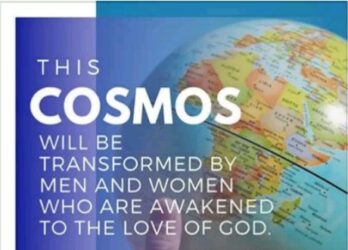HOW ABOUT 1st JOHN 1:9 (part-1)
The only text that seems to ask believers to confess their sins for God to forgive them is 1st John 1:9
1st John 1:9 If we confess our sins, he is faithful and just to forgive us our sins, and to cleanse us from all unrighteousness.
However with proper interpretation, we will see that there was no contradiction at all and that what he wrote was in agreement with the other Epistles. One must always read the epistles with the understanding that all the books are in agreement and there are no contradictions in any book. Having this understanding will make bible study productive. One would not begin to doubt the character of God and the integrity of His word.
The first thing to note here is that John quoted from an Old Testament scripture with a New Testament understanding.
Psalms 32:5 I acknowledged my sin unto thee, and mine iniquity have I not hid. I said, I will confess my transgressions unto the LORD; and thou forgavest the iniquity of my sin. Selah.
NOTE: Paul also quoted from Psalm 32, however from verse 1 and 2
Psalm 32:1 A Psalm of David, Maschil. Blessed is he whose transgression is forgiven, whose sin is covered.2 Blessed is the man unto whom the LORD imputeth not iniquity, and in whose spirit there is no guile.
Romans 4:3 for what saith the scripture? Abraham believed God, and it was counted unto him for righteousness. 4 Now to him that worketh is the reward not reckoned of grace, but of debt.5 But to him that worketh not, but believeth on him that justifieth the ungodly, his faith is counted for righteousness. 6 Even as David also describeth the blessedness of the man, unto whom God imputeth righteousness without works, 7 Saying, Blessed are they whose iniquities are forgiven, and whose sins are covered.8 Blessed is the man to whom the Lord will not impute sin.
Paul in quoting this in verses 3, 6, and 7 talked about FAITH and FORGIVENESS.
Back to 1st John 1:9.
The best approach to understand the above portion of scripture will be to:
• Firstly, isolate the verse and then see what John taught in his Epistles about “confession”
• Secondly , see if it agrees with all the Epistles on the same subject matter.
Based on this, we will now explain the above text to understand exactly what John was saying.
VERSE 1:
Observe firstly, that the letter was not addressed to anyone in particular. Unlike 2nd John, which was addressed to “the elder unto the elect lady and her children” and 3rd John which was addressed to Gaius.
Observe also, that every time John talked about believers, he was very specific.
• 1st John 2:1, 12 and 13: he wrote to little children.
• 1st John 2:13: he wrote to the fathers.
• 1st John 2:13: he wrote to young men.
Very clear from Verse 1 also, John was talking about the message (the word of life)
VERSE 3:
At this Point, John begins to speak about fellowship. Observe that he spoke about 2 different audiences.
Verse 3a ……..“That ye also may have fellowship with us.
Verse 3b……..” and truly our fellowship is with the Father, and with his son Jesus Christ.
Clearly,
• The first audience did not have eternal life and did not have fellowship with the Father, the son and other believers
• The second audience, John inclusive, have eternal life and have fellowship with the father, the son and other believers
VERSE 4:
Here John was very specific “I write unto you that your Joy may be full”
Who is he referring to as “YOU”?
• Very clear: the second audience; those who have eternal life and who have fellowship with the father, the son and other believers
• This is in tandem with what he taught in 1st John 2:13-14 …..they have known the father, he that was from the beginning.
• He went further to call them “BRETHREN” in 1st John 2:7
VERSE 5:
Again he spoke of the message- … God is light and in him is no darkness at all…
So, we see that John wrote to different audiences in that epistle. We however are part of the second audience- those who have eternal life and have fellowship with the Father.
CONFESSION: I have eternal life and I have fellowship with ABBA Father.

